Fear, Politics, and Ebola
How Quarantines Hurt the Fight Against Ebola and Violate the Constitution
The 2014-2015 Ebola crisis was the largest and most serious such outbreak in history, resulting in more than 28,000 infections and over 11,000 deaths, the overwhelming majority in West Africa. American health care workers played an important role in the response, with U.S.-based relief organizations sending considerable staff and resources to West Africa.
But returning health care workers, who deserved to be celebrated as heroes, were sometimes treated as pariahs instead. Motivated by misinformation and unwarranted fear, public policy in the United States resulted in scientifically unjustified quarantines and other restrictions. This punitive response harmed the fight against Ebola and infringed on the constitutional rights of these self-sacrificing health care workers.
It’s time to learn from the mishandling of the U.S. Ebola epidemic that wasn’t, and ensure we respond to future health scares with smart policies based on science, rather than misinformation and political grandstanding. Punitive and scientifically baseless approaches to public health violate the law and make us less safe.
Quarantines Were Unnecessary
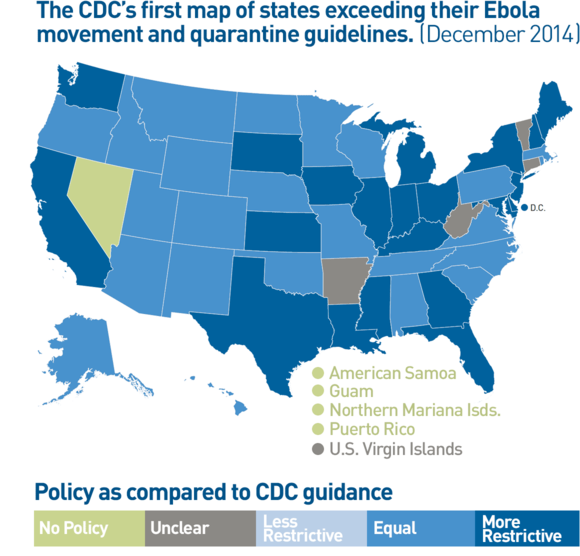
In response to public anxiety set off by the October 2014 death in Texas of Thomas Eric Duncan, a Liberian Ebola victim, many governors decided to take matters into their own hands. They crafted policies that rejected the scientific evidence on Ebola transmission and adopted measures far more restrictive than those recommended by the Centers for Disease Control and Prevention. By December 2014, nearly half the country had announced quarantine and movement restriction policies that exceeded the CDC’s guidelines.
There’s no scientific basis for quarantines and movement restrictions for asymptomatic people who may have been exposed to the Ebola virus. What it does support is monitoring of such people, and rigorous training of health care workers who may come into contact with an Ebola patient. After nearly four decades of rational American responses to Ebola epidemics, the quarantines set a dangerous precedent for dealing with future public health crises, which require sound scientific evidence to guide effective policy.
Quarantines Hurt the Fight Against Ebola
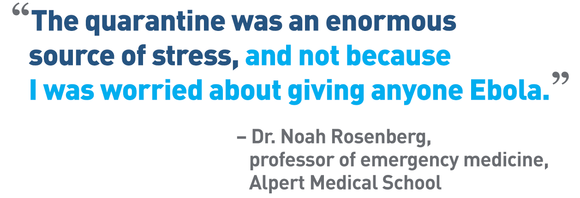
Returning health care workers faced logistical nightmares and personal, psychological, and social trauma.
A shortage of local doctors and nurses in affected West African countries risked letting the epidemic spread out of control. But the prospect of quarantine for returning health care workers was a disincentive for American health care workers to travel abroad to fight the virus. In just one example, the International Medical Corps saw nearly a 25 percent drop in recruitment from the United States after quarantine restrictions were put in place.
If we don’t learn from the mismanagement of the Ebola crisis, the precedent of allowing such a drastic departure from science-based approaches to public health could impede future responses to far greater threats.
Quarantines Were Unconstitutional
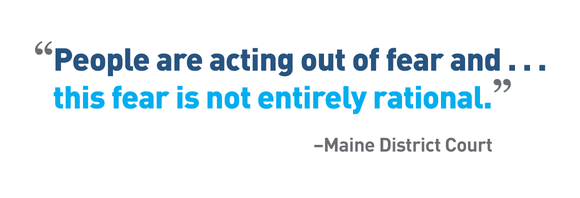
The Fourteenth Amendment to the U.S. Constitution provides that no state may “deprive any person of life, liberty, or property without due process of law; nor deny to any person . . . the equal protection of the laws.” In addition to all the other problems with the quarantines imposed in response to the panic surrounding the 2014 Ebola outbreak, they violated the U.S. Constitution.
When a state deprives an individual of certain fundamental rights, it must satisfy the highest constitutional standard to justify its action. But states that quarantined asymptomatic individuals imposed unjustifiable measures that deprived individuals of their fundamental liberties.
Furthermore, except for Maine, no state that instituted a quarantine policy appears to have complied with the procedural requirements of due process, in which an individual is given an opportunity to contest their quarantine. Only one court had the opportunity to evaluate the legality of an Ebola quarantine, and it found that it was clearly beyond the power of the state to impose. The court concluded that “people are acting out of fear and . . . this fear is not entirely rational.”
Recommendations
Do not quarantine or restrict the movement of individuals asymptomatic for Ebola who present no real risk of transmission.
Employ the least restrictive alternatives available to stem transmission of infection.
Provide robust procedural protections, including allowing individuals to contest their restrictions.
Increase transparency about how often and for what reasons quarantines and movement restrictions are being imposed.
Ensure humane conditions of confinement.
Protect privacy.
Provide income and job protections for individuals subject to quarantine and movement restrictions.
Related Content
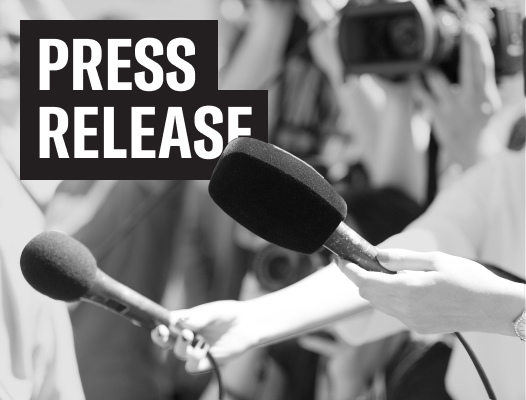
ACLU–Yale Report Finds Ebola Quarantines Medically Unjustified and Unconstitutional
Report Recommends Policies to Ensure Future State Responses to Diseases Are Based Only on Science, Not Politics
Source: American Civil Liberties Union
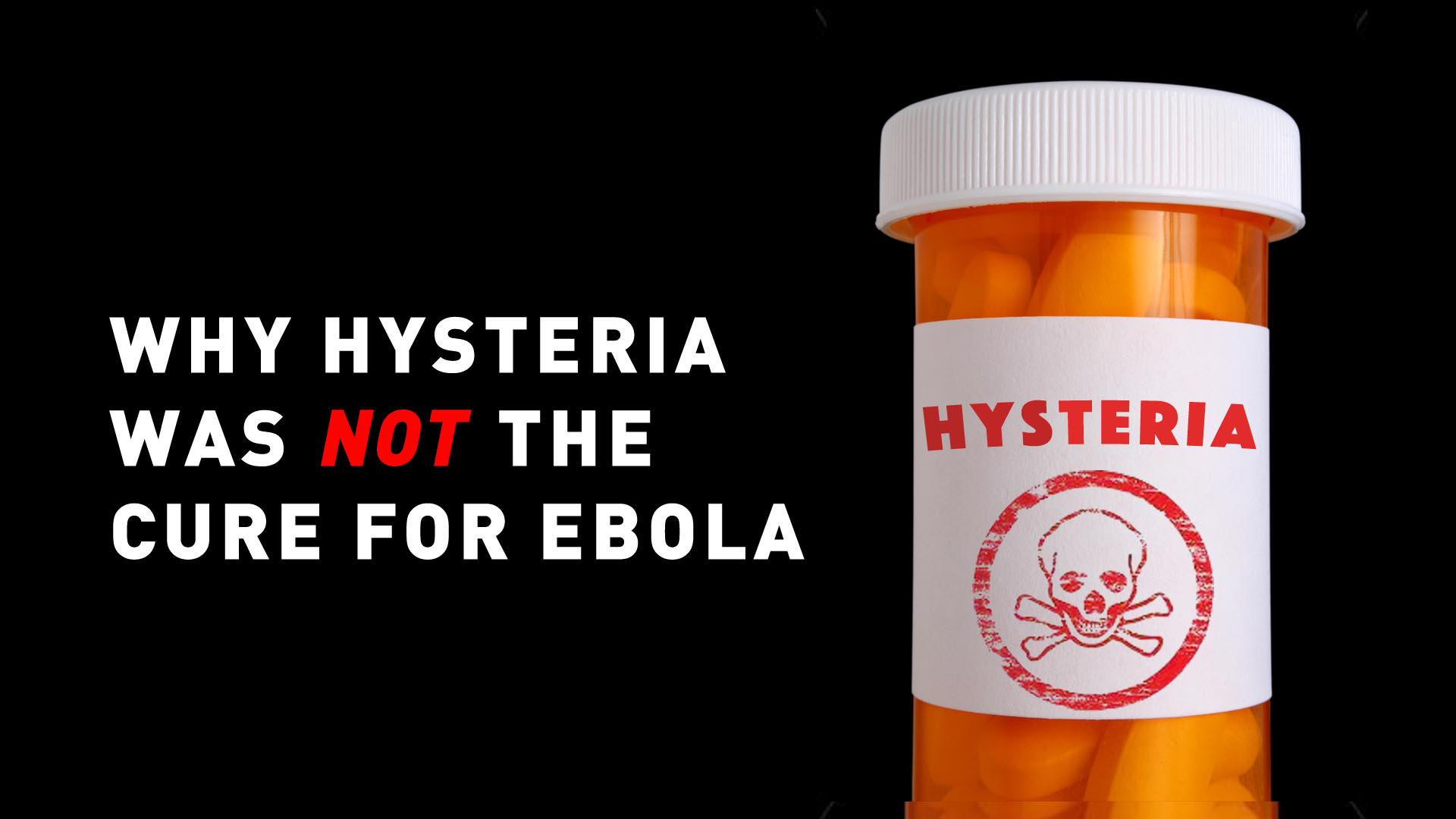
Why Hysteria Was Not the Cure for Ebola
The 2014-2015 Ebola crisis was the largest and most serious such outbreak in history, resulting in more than 28,000 infections and over 11,000...
Source: American Civil Liberties Union
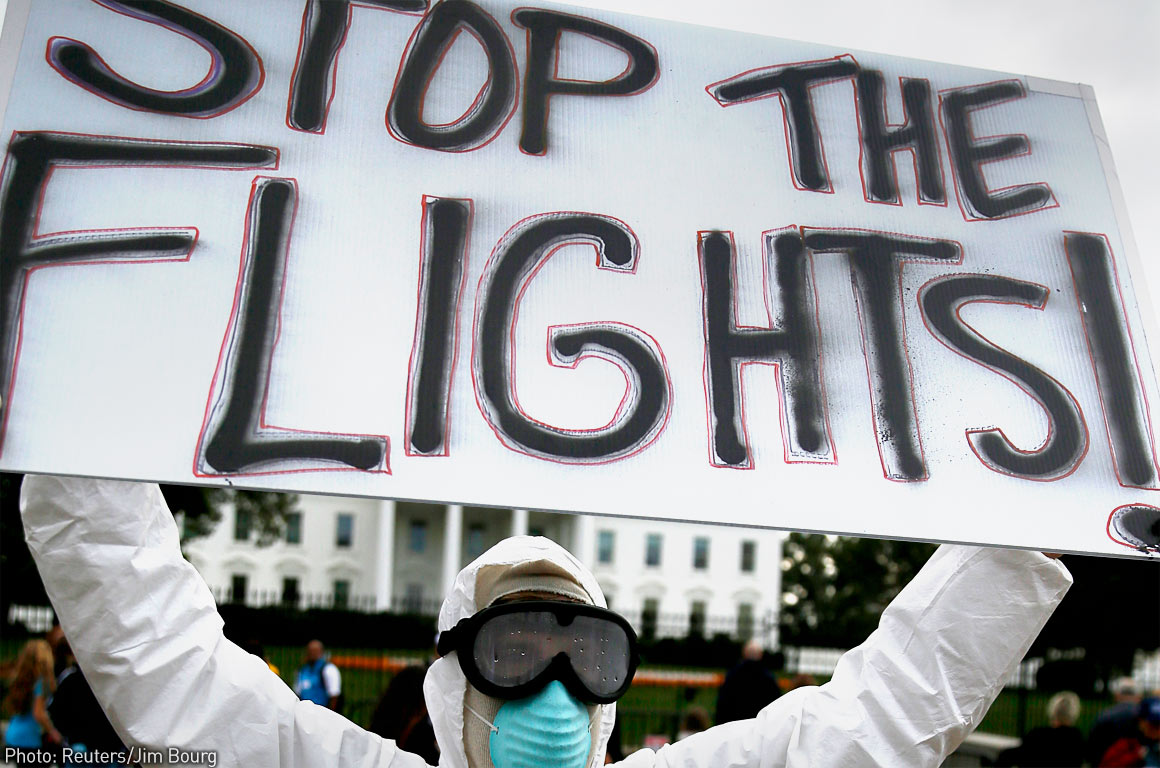
Fear, Politics, and Ebola: Why the Ebola Quarantines Weren’t Only Unjustified, but Unconstitutional, Too
Source: American Civil Liberties Union
Stay informed
Sign up to be the first to hear about how to take action.
By completing this form, I agree to receive occasional emails per the terms of the ACLU's privacy statement.
By completing this form, I agree to receive occasional emails per the terms of the ACLU's privacy statement.